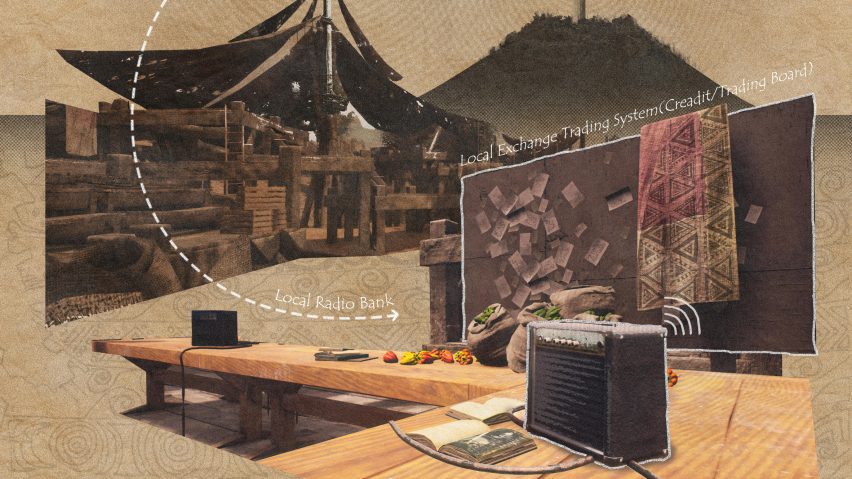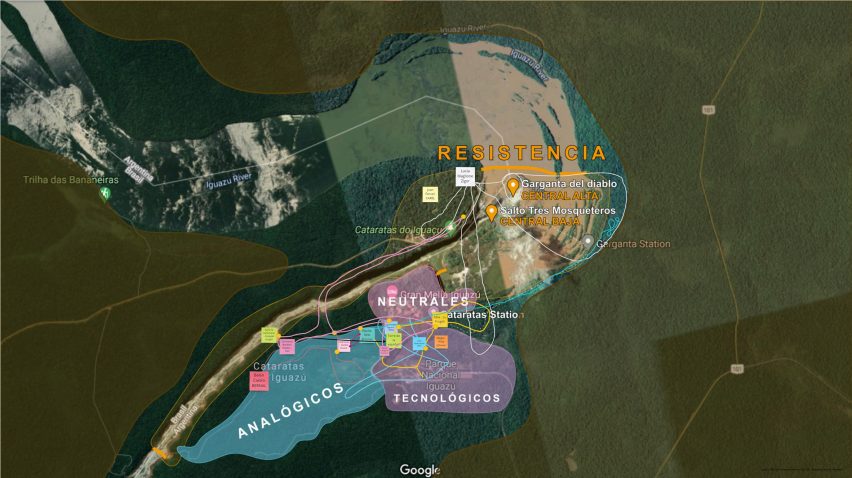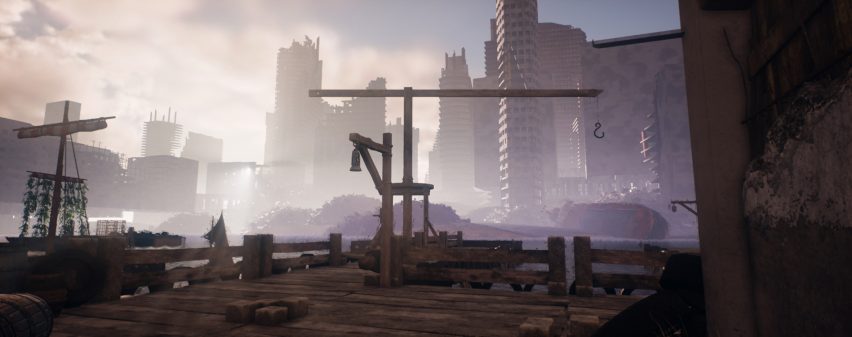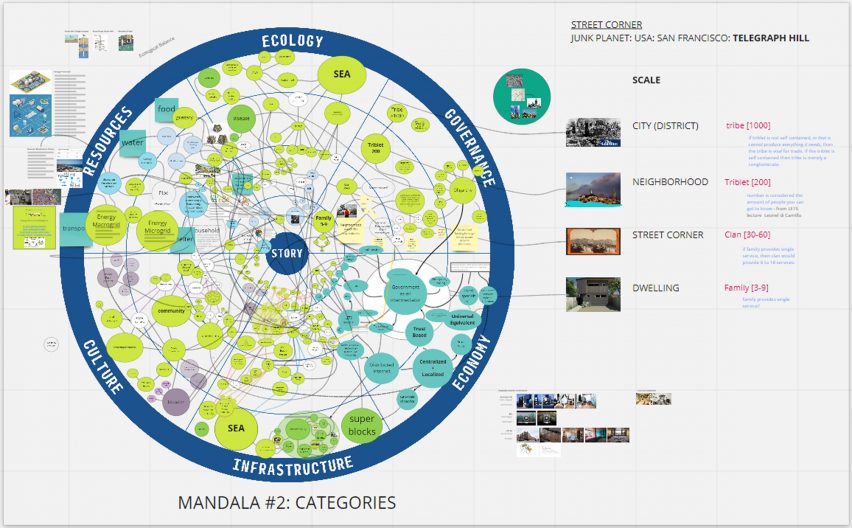
Alex McDowell's Planet Junk asks students to "destroy the world"
Production designer Alex McDowell has launched Planet Junk, a project that invites university students to imagine a future world that is built on the detritus of our current planet.
The project, which McDowell first introduced during a panel discussion with Twinmotion on redesigning the world, started with the fundamental question: what if we destroy ourselves as a civilisation?
From this prompt, McDowell challenged students from 12 universities across six continents to use his "World Building" technique to come up with a society that exists 300 years from now.
The World Building technique involves creating conceptual versions of a world in which "characters" can be inserted to test the environment.

To start building their worlds, the students – who come from a diverse range of fields such as architecture and economics – examined current events and disasters across the planet in order to look forward.
"We've created a new society in 300 years, but we had to look back at this destroyed civilization in order to extract all of the things that are really valuable for a new society," McDowell told Dezeen.
"We start off with how you can create a realistic world. In order to do that, you need to reflect on what's happening right now in the sense of global warming, rising sea levels, fires, the pandemic and so on," he explained.

For example, in San Francisco where McDowell teaches, students are exploring how the current rise in homelessness might look in a new world.
One of the concepts they came up with is a world in which the hierarchy of our current society is turned on its head.
"The people who would be the least valuable or the most useless in surviving a future world would be the technologists. So Silicon Valley would be of no value whatsoever," said McDowell.
"But homeless and indigenous tribes who are deeply resourceful would have the most chance of survival so they would move to the top of the hierarchy."
Each of the 12 universities currently involved in the project will come up with their own new world, based on catastrophes unique to their region.
"One of the things that quickly emerged out of this was that if we took a global view, we'd start amassing this deep, informed view from multiple different cultures," McDowell said.
The university team will then create an online museum, or "junk archive" as McDowell calls it, where users can log in and traverse the different worlds in one place.

Although the project has dystopian qualities, McDowell is confident that at its core, it is aspirational.
"As much as it sounds like this, the intent is not dystopian but quite the reverse: if the world is destroyed, what would you do differently?" he said.
McDowell's World Building technique was first used in films such as the Minority Report and Man of Steel.
It has since been transferred to practical applications, like the development of future cities in the face of refugee migrations.
The project aligns with Dezeen's Redesign the World competition, in partnership with Epic Games, which calls for radical proposals to rethink planet Earth.